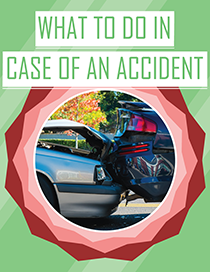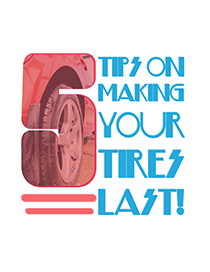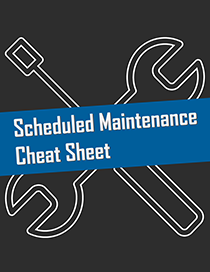What You Need to Know About Emissions Testing
Required emissions testing is the federal and state governments’ efforts to minimize air pollution from vehicle use.
There are currently over 30 states in the US that require some type of emissions testing for drivers, depending on the region. Other states don’t require any type of testing at all. For those of you in districts that do require emissions testing, expect to take your vehicle for testing once a year or once every two years. In the instance that your vehicle does fail the test, you will need to take your vehicle to an auto shop for repair.
Federal and state government involvement. The federal government, enforced by the EPA, enacted the Clean Air Act to denote acceptable air quality levels for the country as a whole. However, it is up to the state legislatures to determine where the emissions are coming from and how to meet the standards imposed by the Clean Air Act.
For example, factory emissions may be attributing to an influx of pollutants in the atmosphere, resulting in restrictions being placed on this industry rather than vehicle drivers. Keep in mind that emissions testing can be taken away too if a state has it enacted, as well as brought to fruition if a state does not currently require it.
How do states differ? Depending on the state you live in, emissions testing may be required for the entire state, certain regions in the state, or not at all. Look up your state’s requirements before going to the DMV to ensure you have a smooth experience and don’t have to make another appointment.
Why do some states not require it? When a state is meeting the federal air quality requirements, there can be significant cost savings to taxpayers by not requiring emissions testings. Florida and Tennessee are two states that ended emissions testing in their respective states due to cost savings and general annoyance with the procedure.
Do you live in a state that requires emissions testing? Remember to do a quick search if you’re unsure and if yes, budget out some funds to pay for this additional cost.






